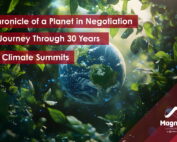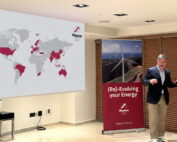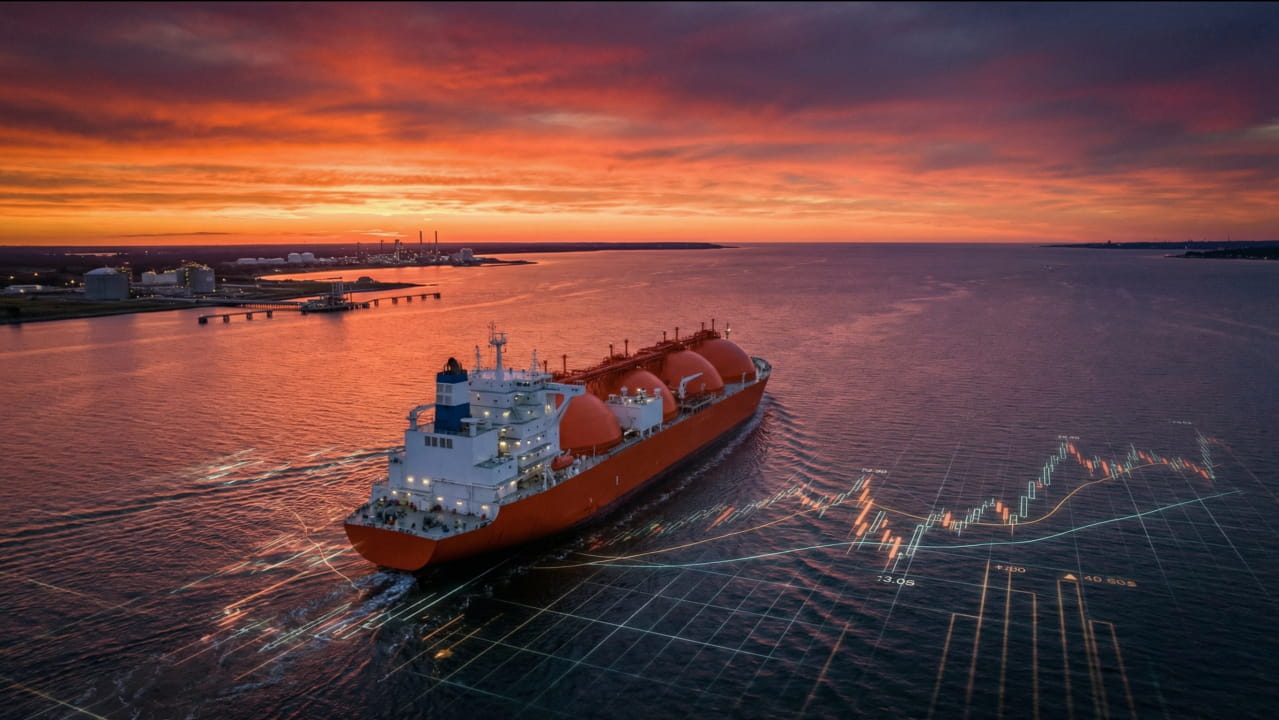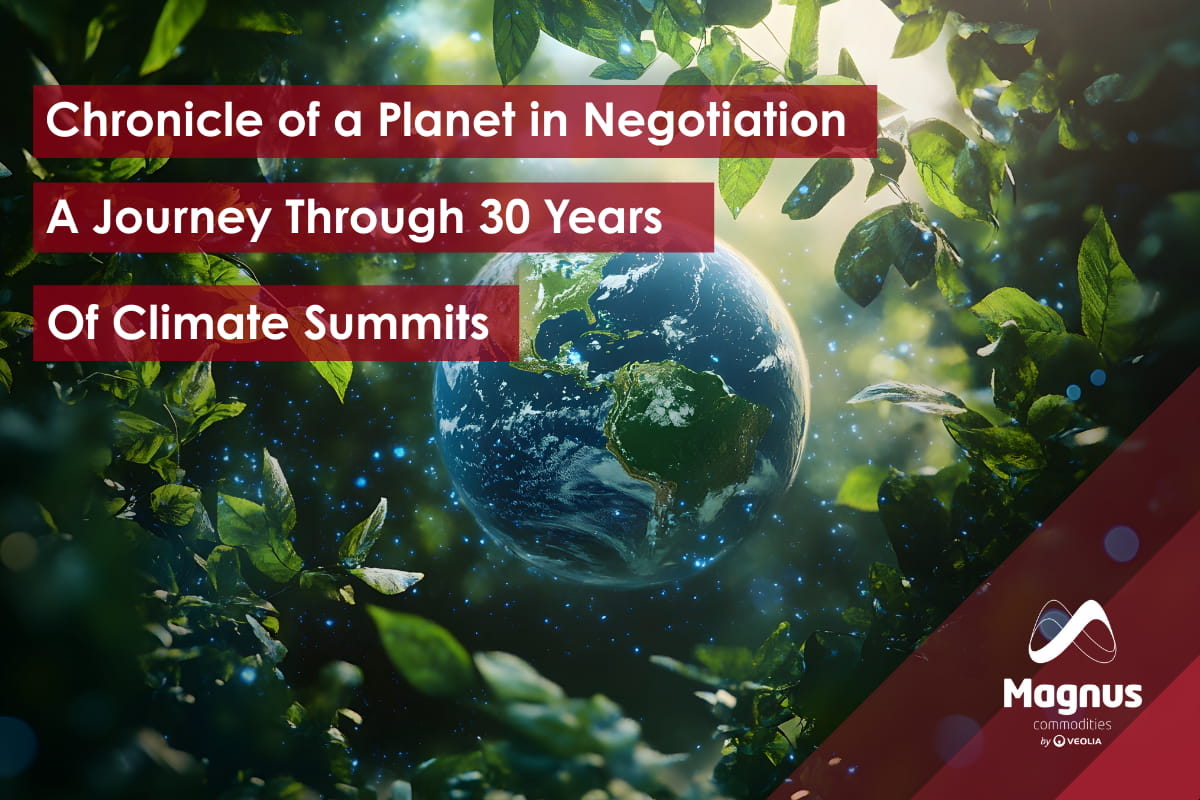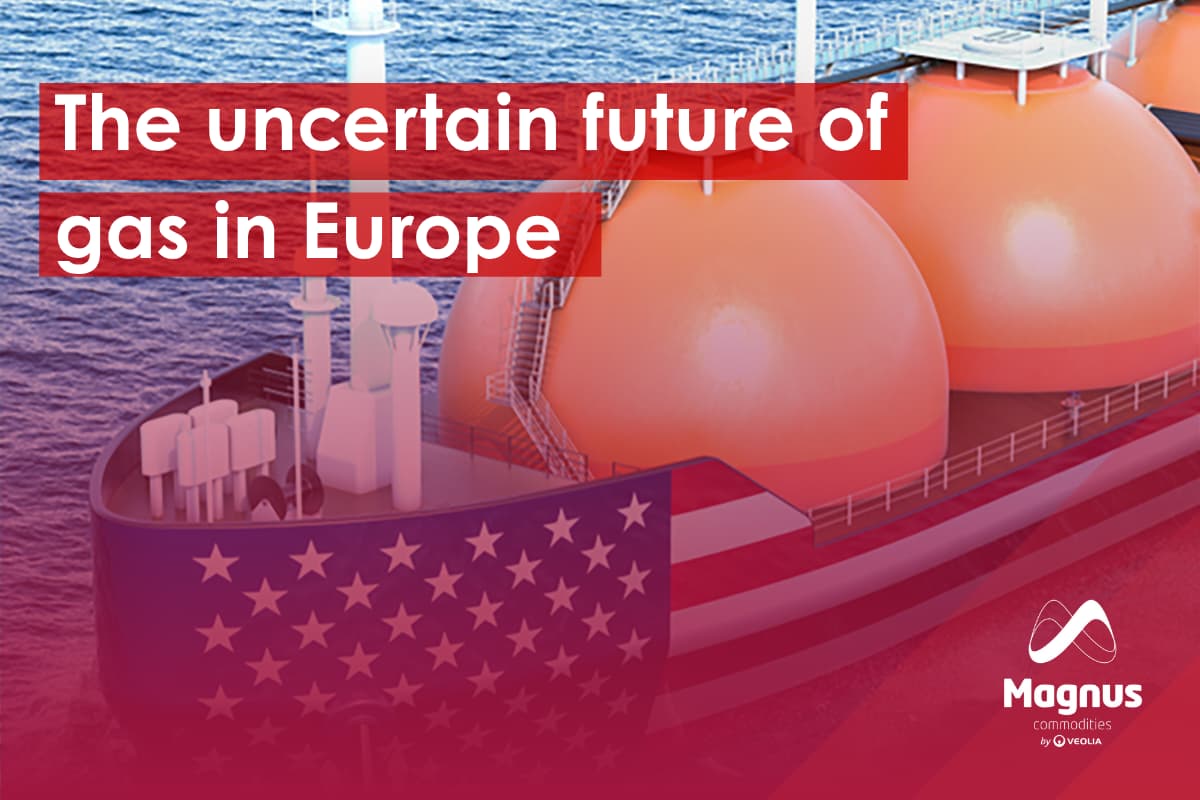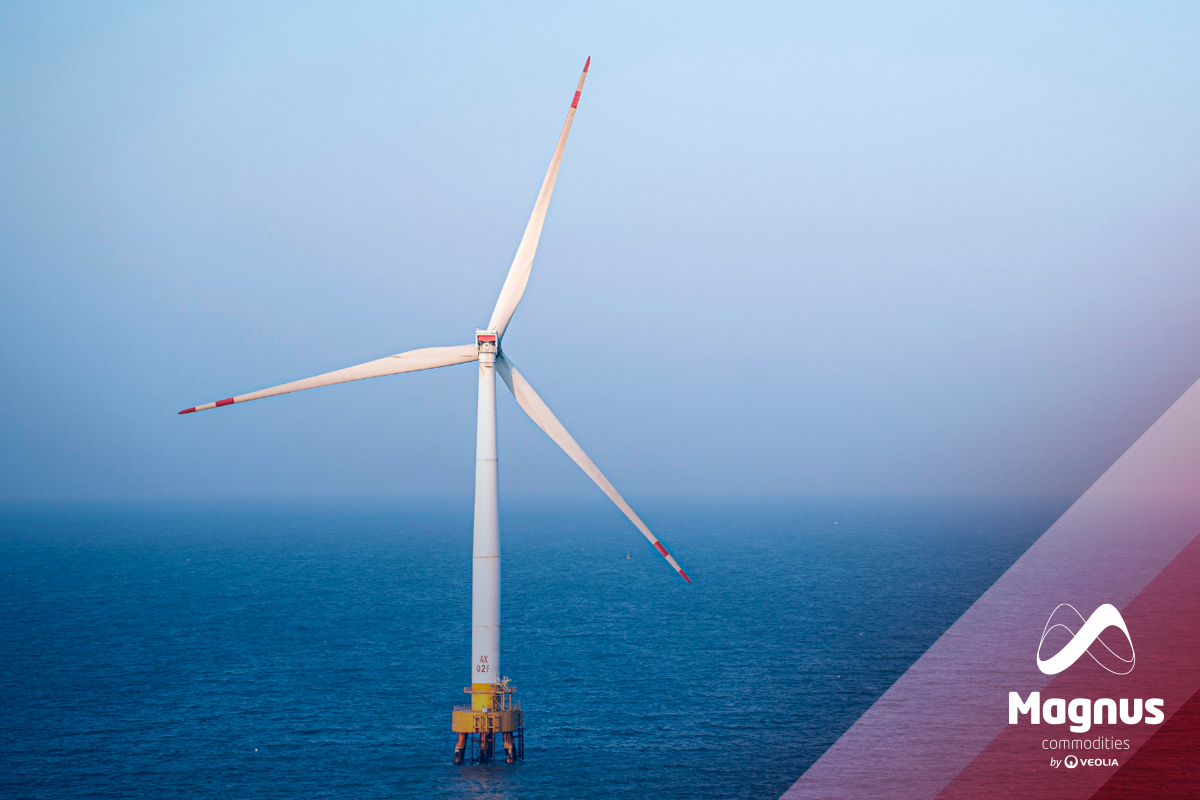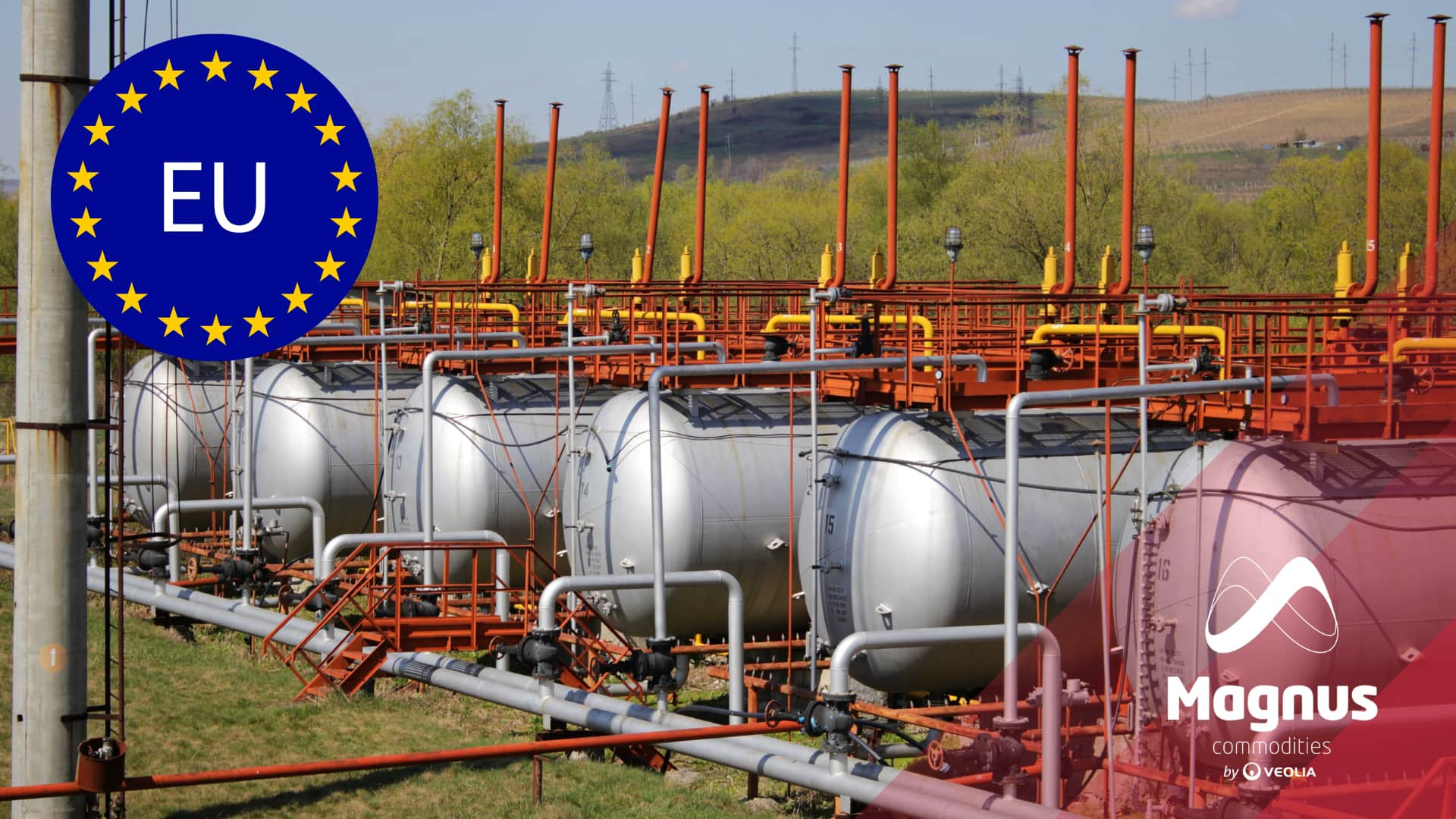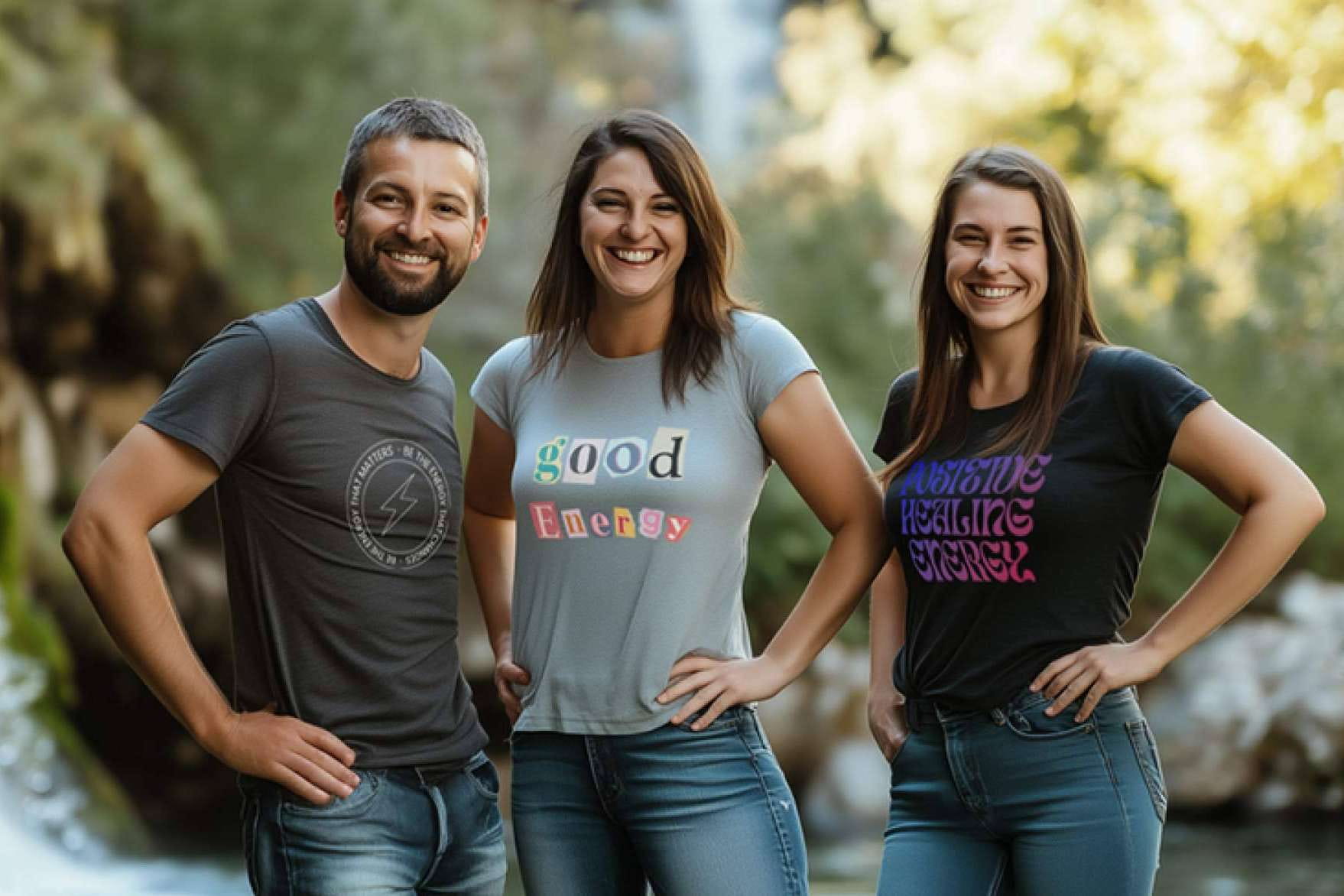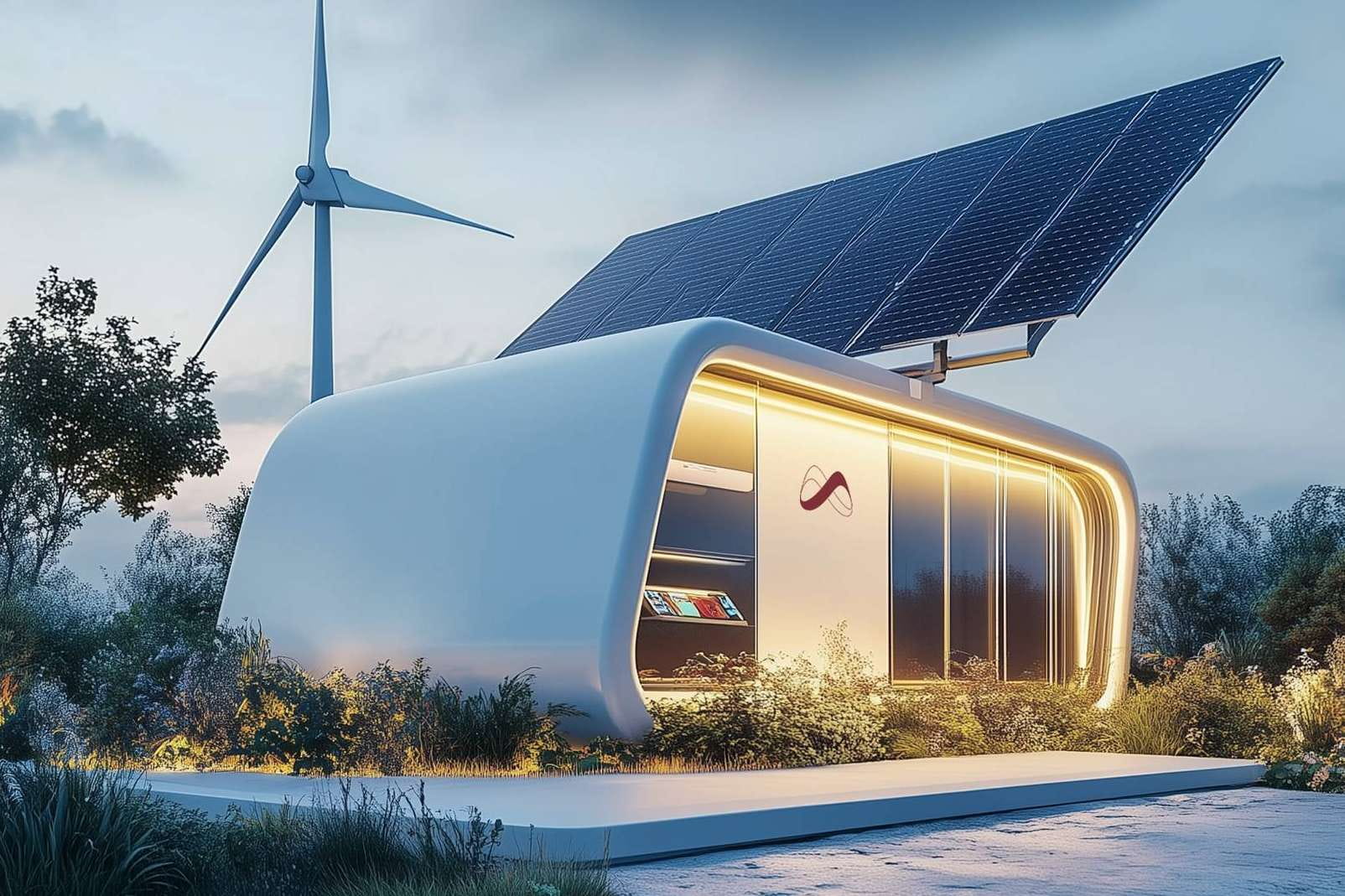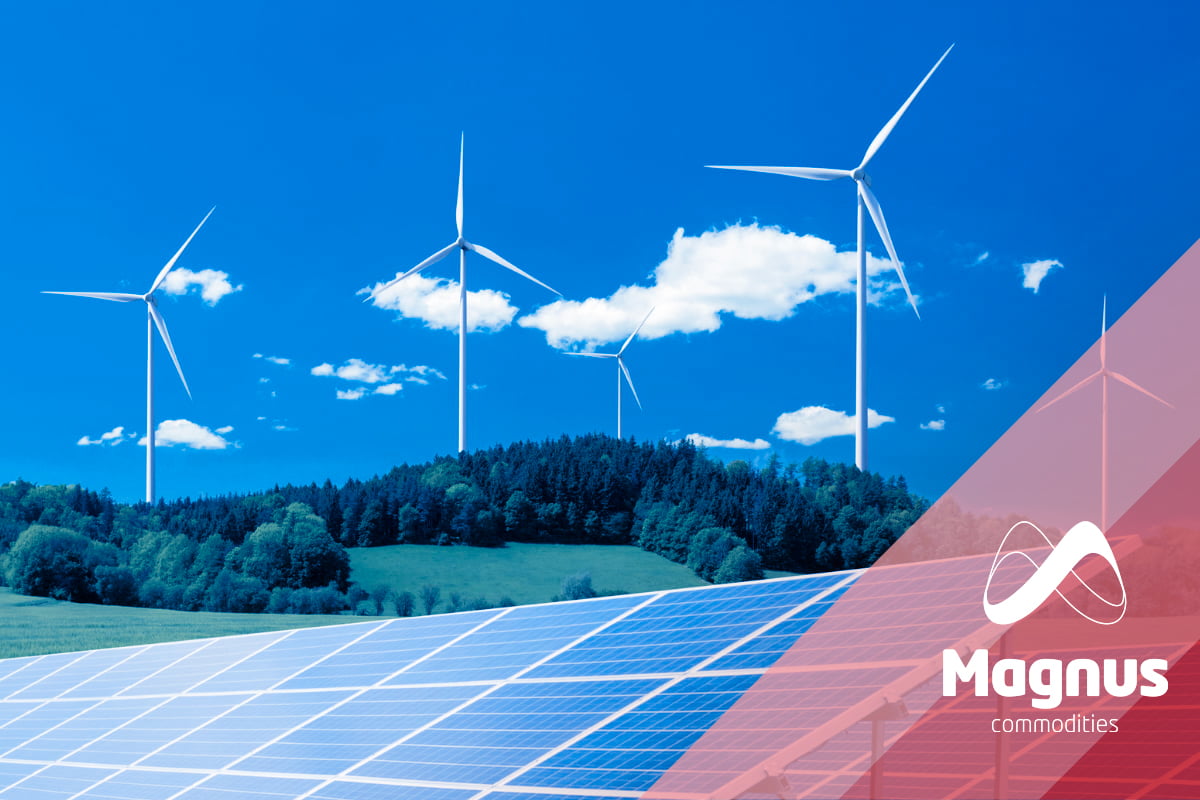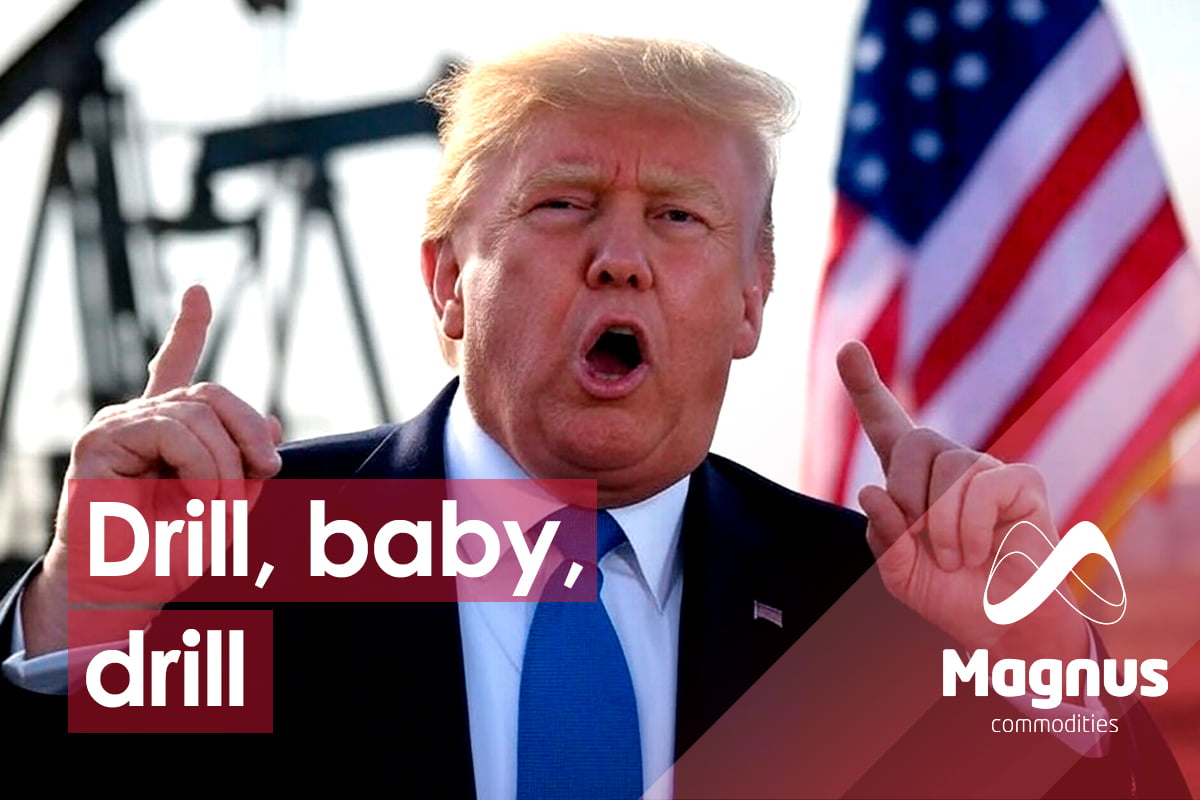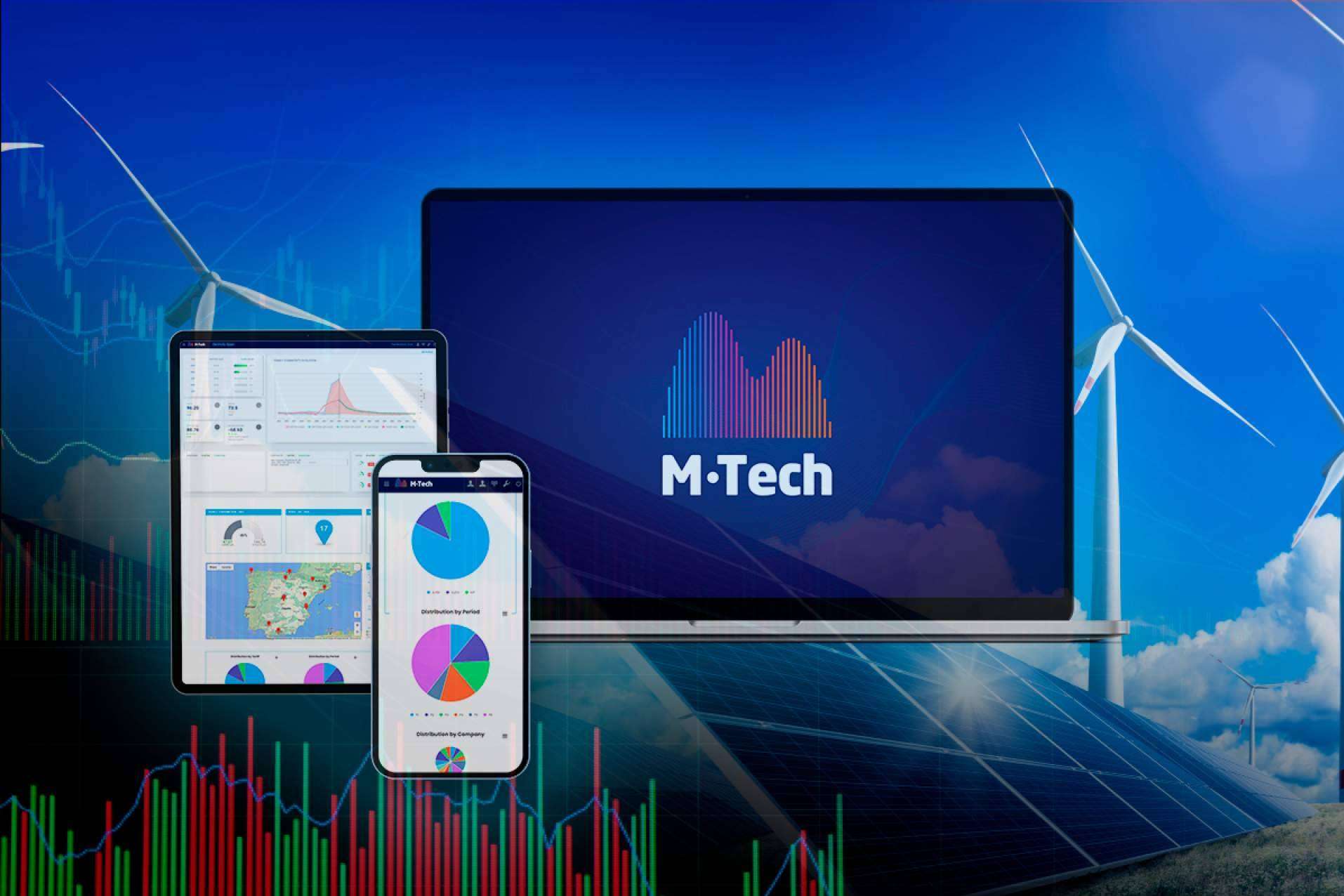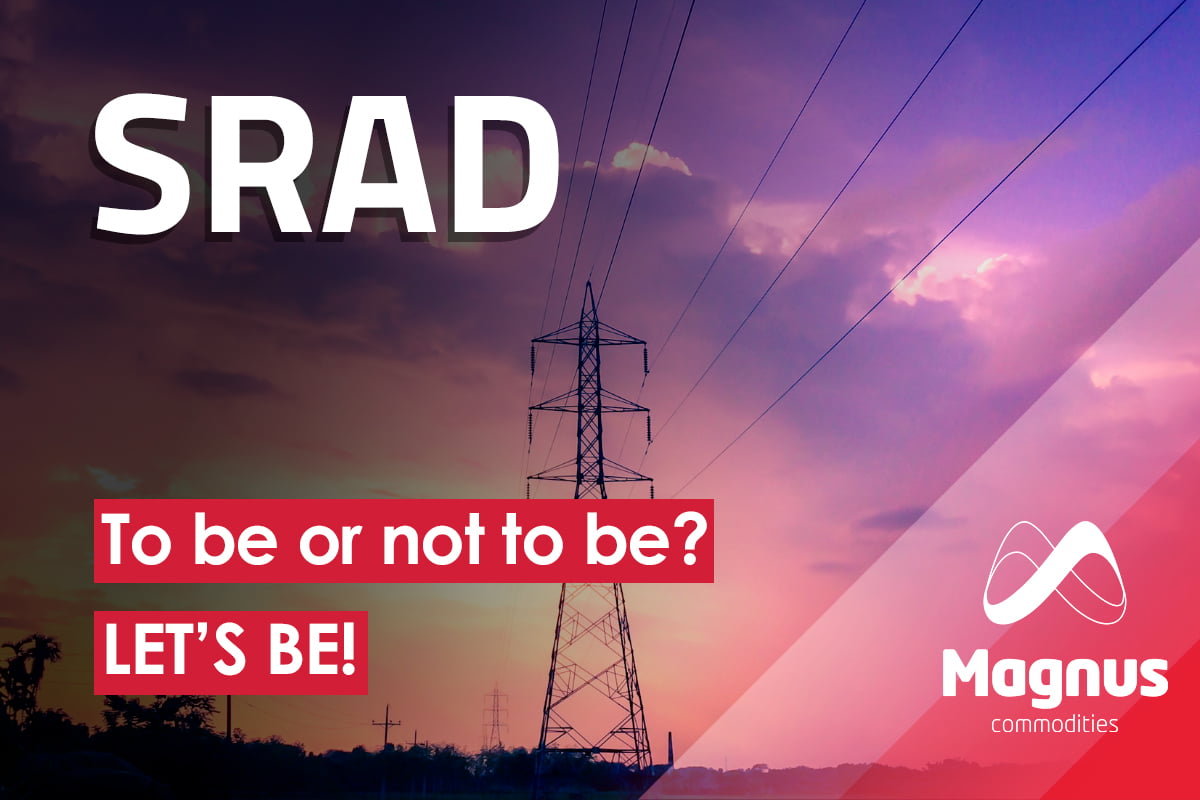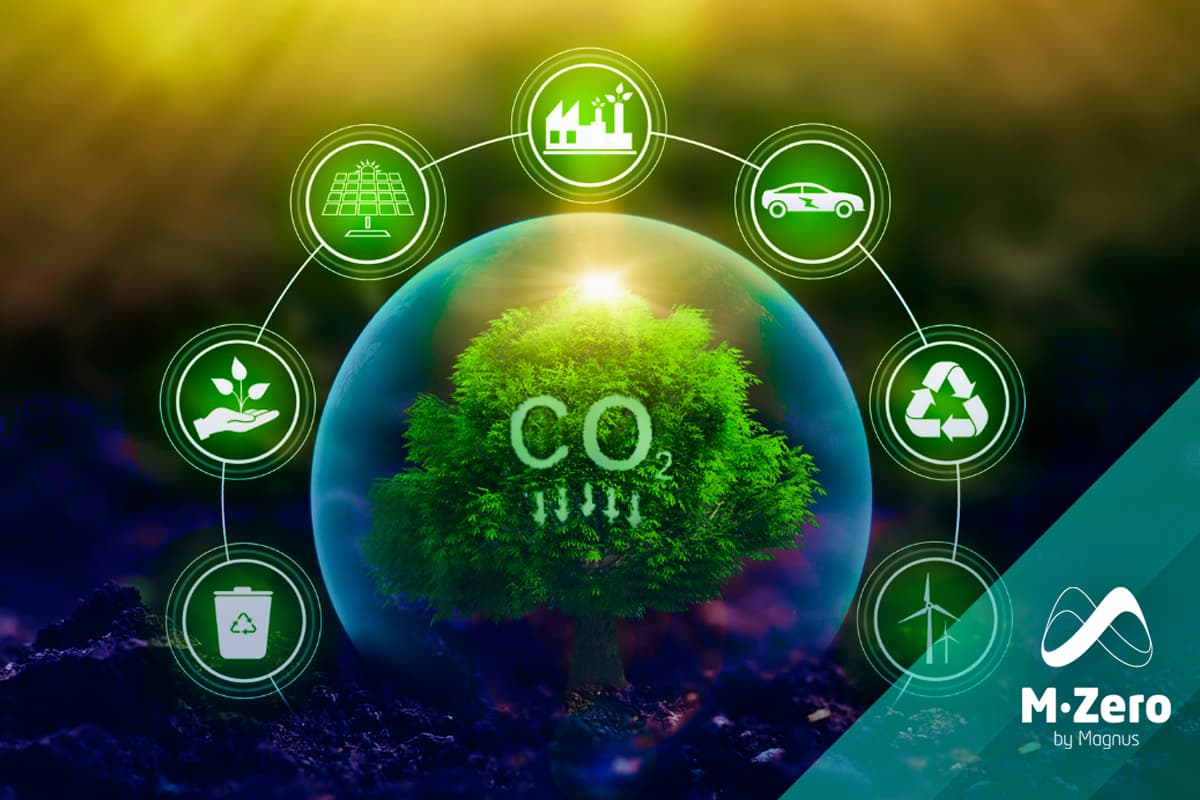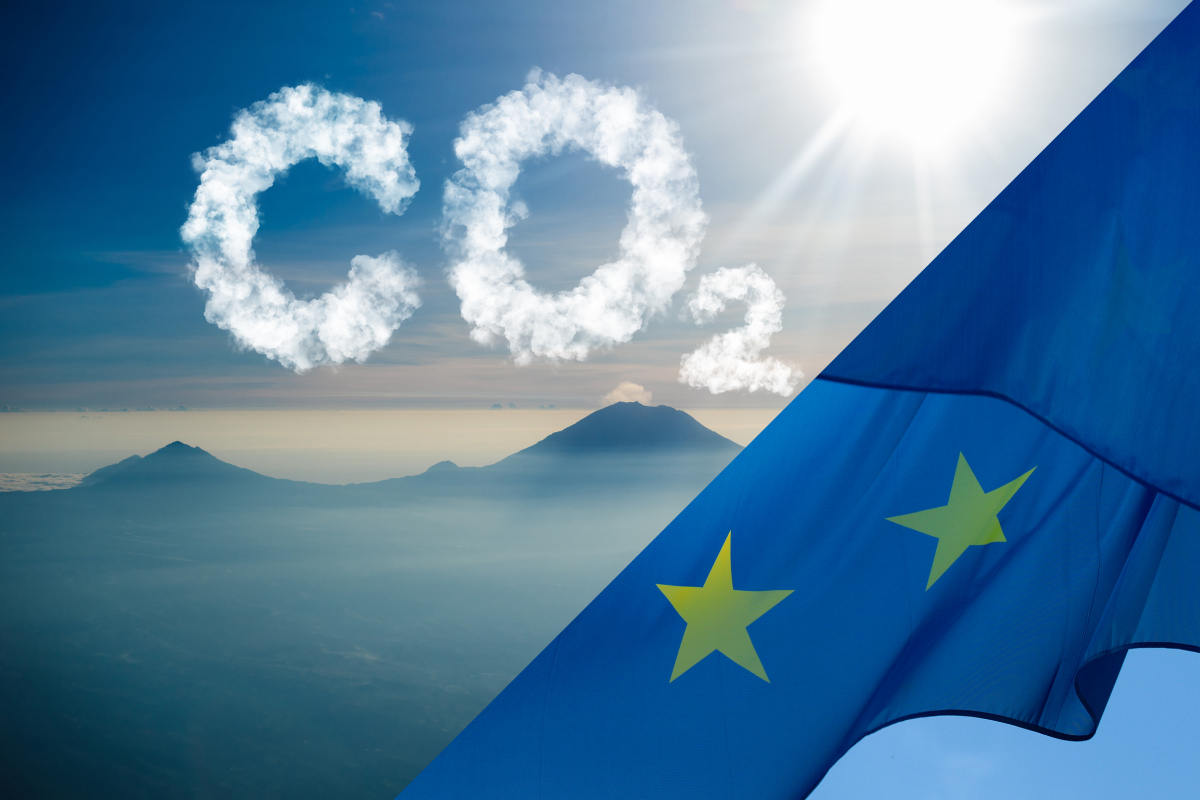
At this point, there is no doubt that 2020 will be considered in history as one of humanity’s most acute crises year. It was born under the auspices of great signs of wear in the growth models of the main economies and with insufficient efforts (led by European initiatives) to establish effective measures to face the clear and worrying signs of climate change. COVID-19 has arrived in all its rawness and has put everything we know to the test. As we grapple with the health crisis, attempts are being made to lay the groundwork for an economic recovery. A different recovery from those experienced in the past and that carries with it the awareness that we are being given “a warning” of “last call”. With all this, this situation seems to have catalysed the feeling of change… in many areas.
We are living years in which companies reinvent themselves and enter sectors historically dominated by large groups. Thus, it is not uncommon to see news about telecommunications companies offering energy services, or energy into banking services …
Magnus have already been working with companies, suppliers and investment groups for many years in decision-making in energy management (Purchase, sale, efficiency, regulation, innovation, etc …). All decisions made under the premise of uncertainty and the unpredictability of what is going to happen. Regulation, markets, spot, forward, swaps, renewables, cogeneration … Invest? Innovate? Wait and watch?
However, the pressure to innovate and anticipate what is coming has increased the concern of these companies. It is no longer a simple matter of “buying better and cheaper” but of giving prominence to the concept of “sustainability and impact” of our investment decisions.
To the doubts that we already had, “economic feasibility” and “regulatory development” we’ve to add those of “technological maturity”, “sustainability and carbon footprint”. Most of the times, none of the four, do not go hand in hand and despite this, decisions are already being made.
We clearly see that the company that does not have decarbonization plan in its strategy will have little room in the future.
The markets in which we have bought have been giving the necessary signals to encourage investment and support decisions. However, they are not enough to achieve the goals recently approved by the European Commission for 2030-2050. More mechanisms have already appeared and will appear to encourage or instigate companies in decision-making (subsidies, emission markets, CO2 reduction credits …)
A new decade begins in the most traumatic way. They have been years with great changes, but these are dwarfed by what we have ahead of us. Magnus has been publishing some articles over the years to contribute to the knowledge of these changes. In the following list we can see some of the most interesting articles:
They have been exciting years where we have experienced shocks in the reference markets. Opportunities and risks where, with greater or lesser ability, companies have made their decisions.

Source: MTech
However, what do we do now? There are many companies that resume activity and are in a position to make the next moves knowing that it is no longer just a matter of negotiating the contract for next year. It is about making decisions in the medium long term.

Source: Own elaboration
Without any doubt, these are exciting moments in the sector. Full of uncertainties, where the innovative and daring companies will be part of the leadership in this process. From Magnus we will help all these companies in making decisions and launching new projects.
If you found it interesting, please share it!
Recent Articles


